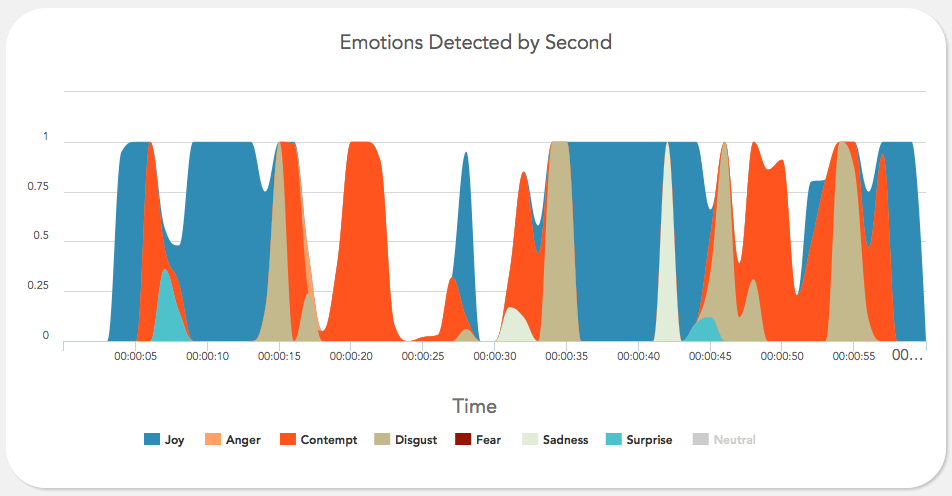Mark Zuckerberg Leveraged Facebook User Data To Fight Rivals and Help Friends, Leaked Documents Show
Facebook CEO Mark Zuckerberg once considered making deals with third-party developers just to help him find out how much users’ data is worth, NBC News reported on Tuesday. The report, which cites 4,000 leaked pages of internal documents, shines a light on the way senior company executives viewed attaching a dollar sign to sensitive user data, despite Facebook’s public commitment to protect such information. From the report:
In the same week, Zuckerberg floated the idea of pursuing 100 deals with developers “as a path to figuring out the real market value” of Facebook user data and then “setting a public rate” for developers. “The goal here wouldn’t be the deals themselves, but that through the process of negotiating with them we’d learn what developers would actually pay (which might be different from what they’d say if we just asked them about the value), and then we’d be better informed on our path to set a public rate,” Zuckerberg wrote in a chat. Facebook told NBC News that it was exploring ways to build a sustainable business, but ultimately decided not to go forward with these plans.
Zuckerberg was unfazed by the potential privacy risks associated with Facebook’s data-sharing arrangements. “I’m generally skeptical that there is as much data leak strategic risk as you think,” he wrote in the email to Lessin. “I think we leak info to developers but I just can’t think of any instances where that data has leaked from developer to developer and caused a real issue for us.”
The report also outlines how PR people at Facebook tries to spin things. An excerpt: In a March 2014 email discussing Zuckerberg’s keynote speech at the event, where he was due to announce the removal of developers’ access to friends’ data, Jonny Thaw, a director of communications, wrote that it “may be a tough message for some developers as it may inhibit their growth.” “So one idea that came up today was potentially talking in the keynote about some of the trust changes we’re making on Facebook itself. So the message would be: ‘trust is really important to us — on Facebook, we’re doing A, B and C to help people control and understand what they’re sharing — and with platform apps we’re doing D, E and F.'” If that doesn’t work, he added, “we could announce some of Facebook’s trust initiatives in the run up to F8” to make the changes for developers “seem more natural.”



 “Right now, in a handful of computing labs scattered across the world, new software is being developed which has the potential to completely change our relationship with technology. Affective computing is about creating technology which recognizes and responds to your emotions. Using webcams, microphones or biometric sensors, the software uses a person’s physical reactions to analyze their emotional state, generating data which can then be used to monitor, mimic or manipulate that person’s emotions.”
“Right now, in a handful of computing labs scattered across the world, new software is being developed which has the potential to completely change our relationship with technology. Affective computing is about creating technology which recognizes and responds to your emotions. Using webcams, microphones or biometric sensors, the software uses a person’s physical reactions to analyze their emotional state, generating data which can then be used to monitor, mimic or manipulate that person’s emotions.”
